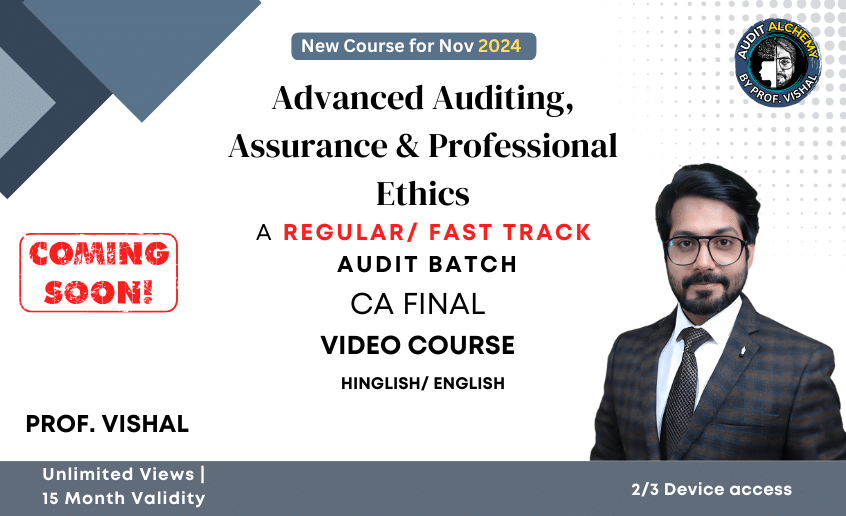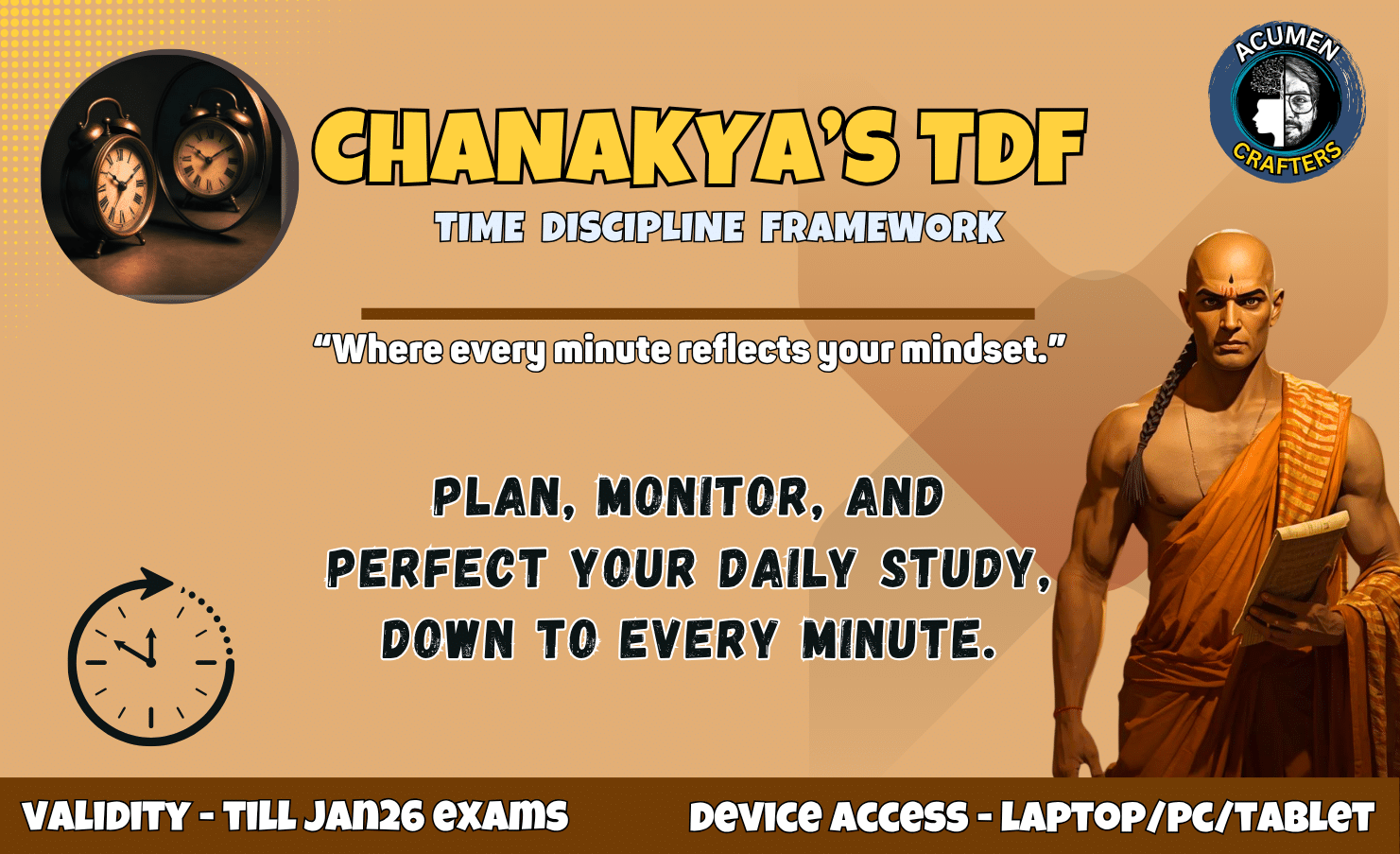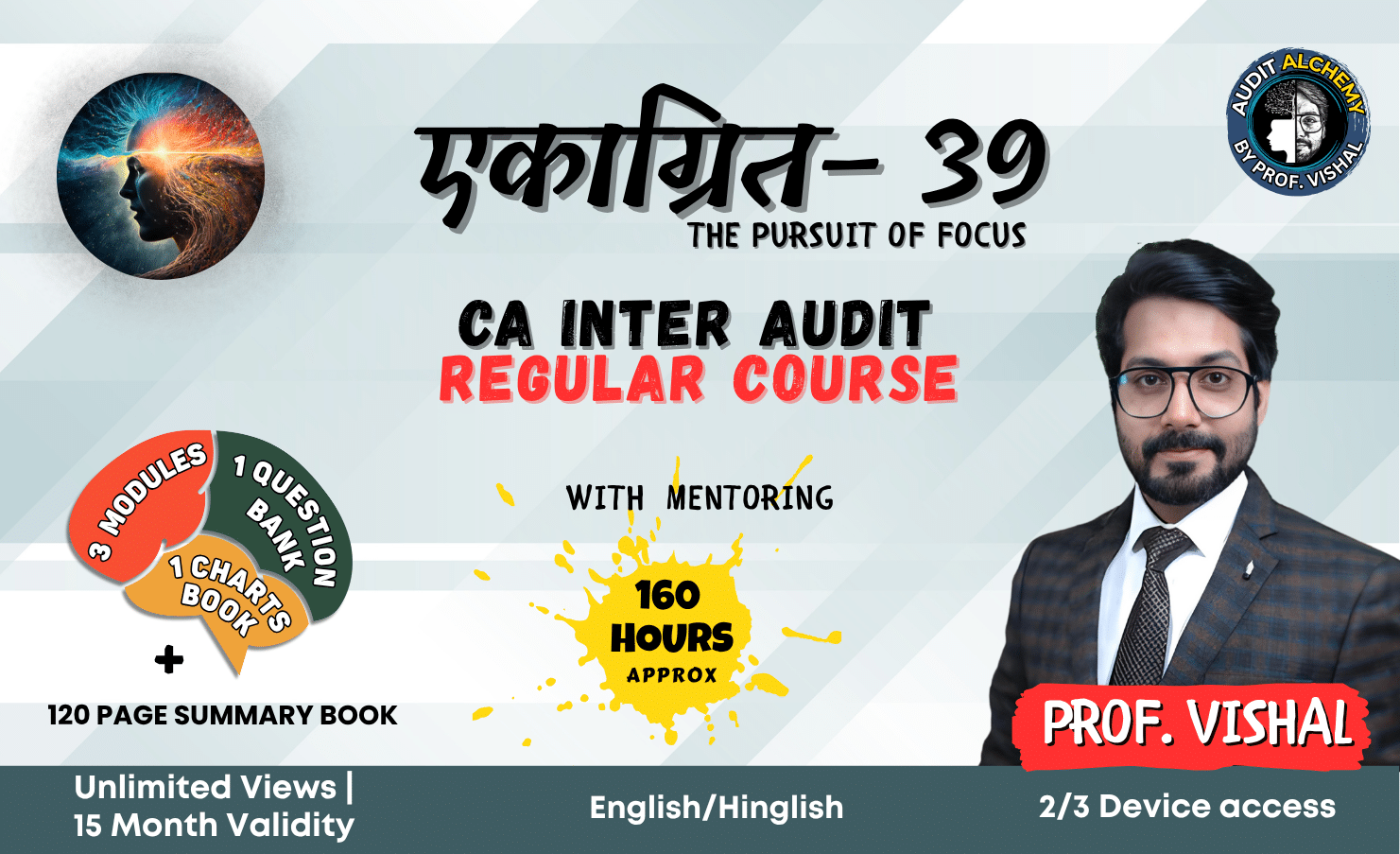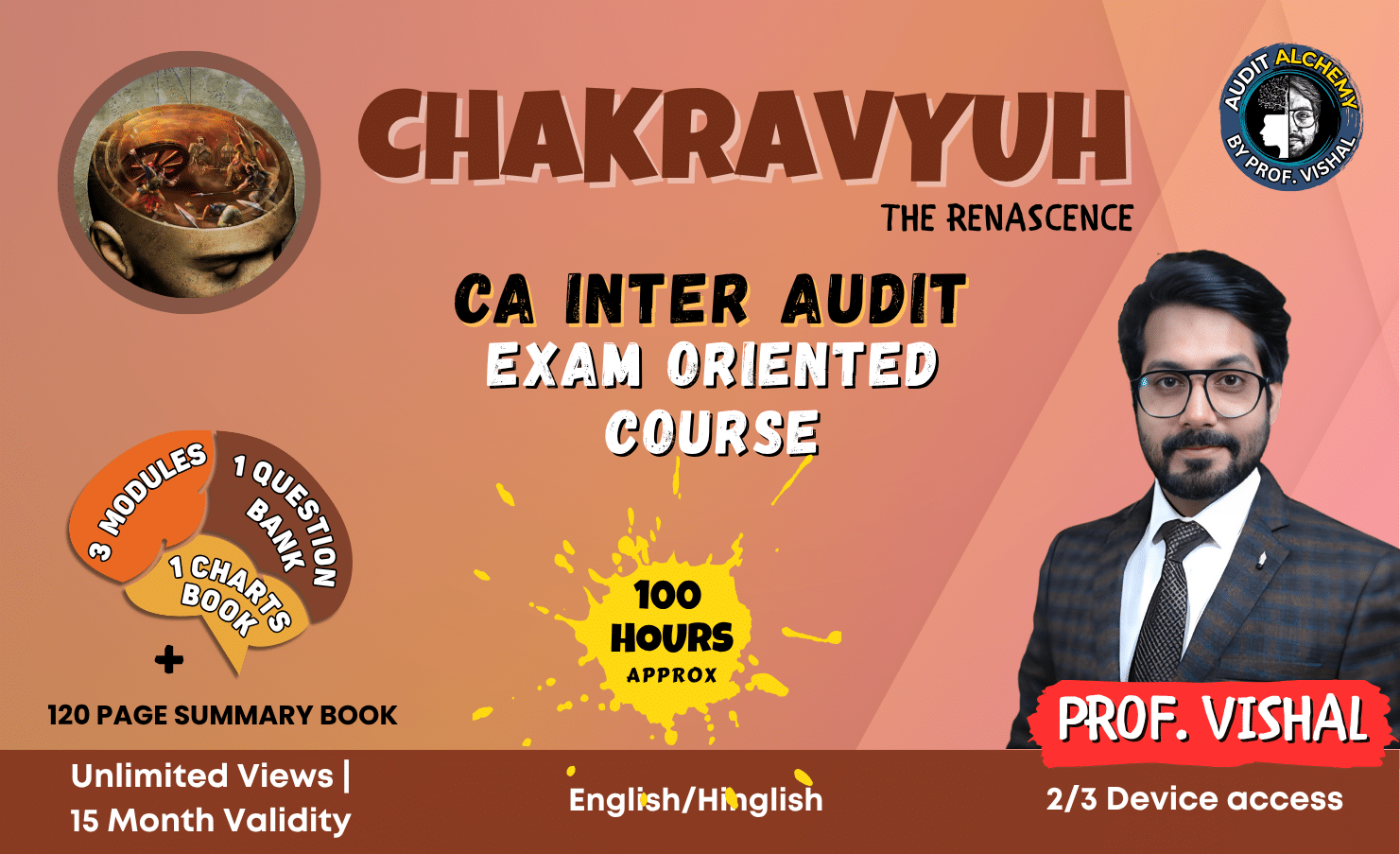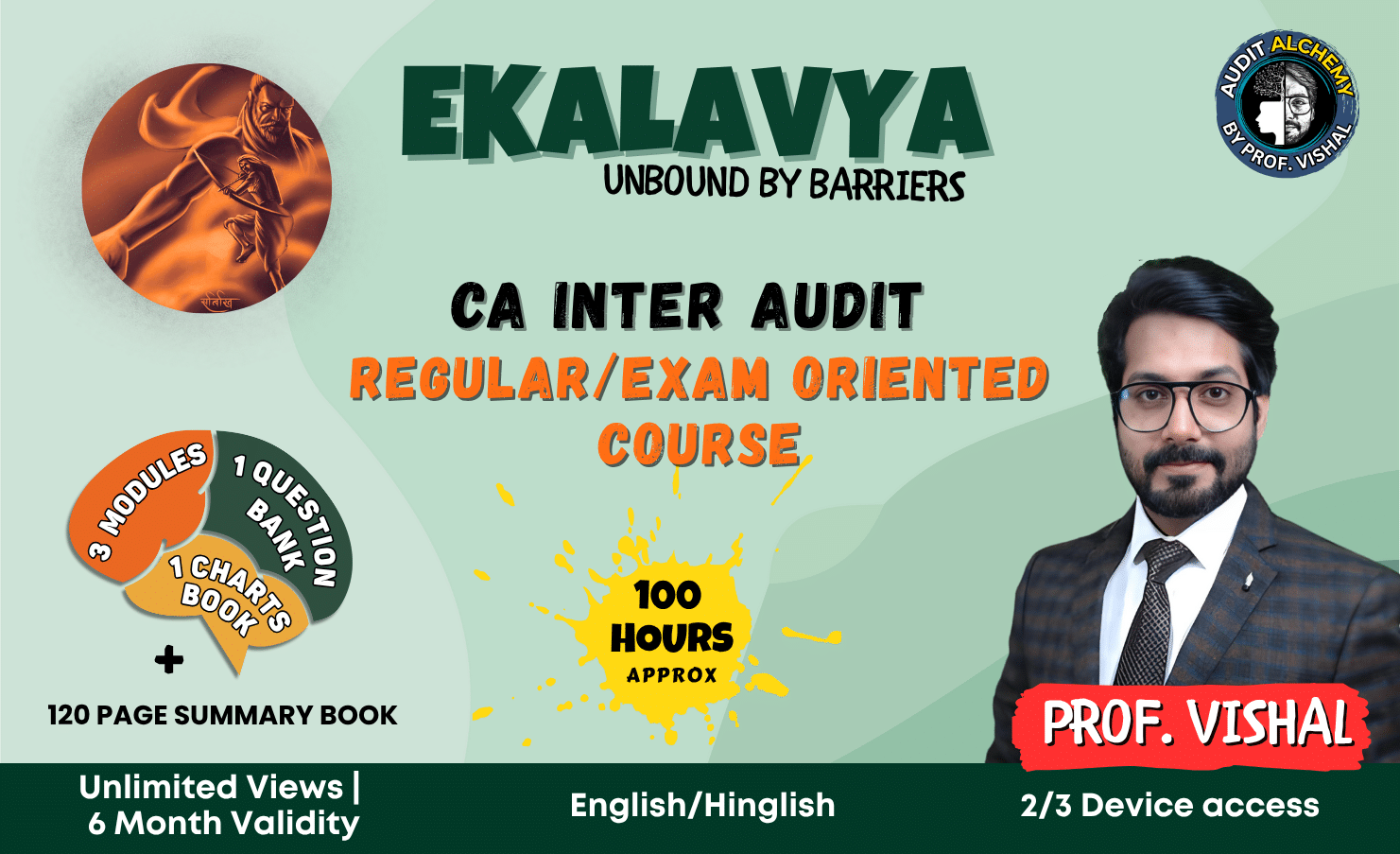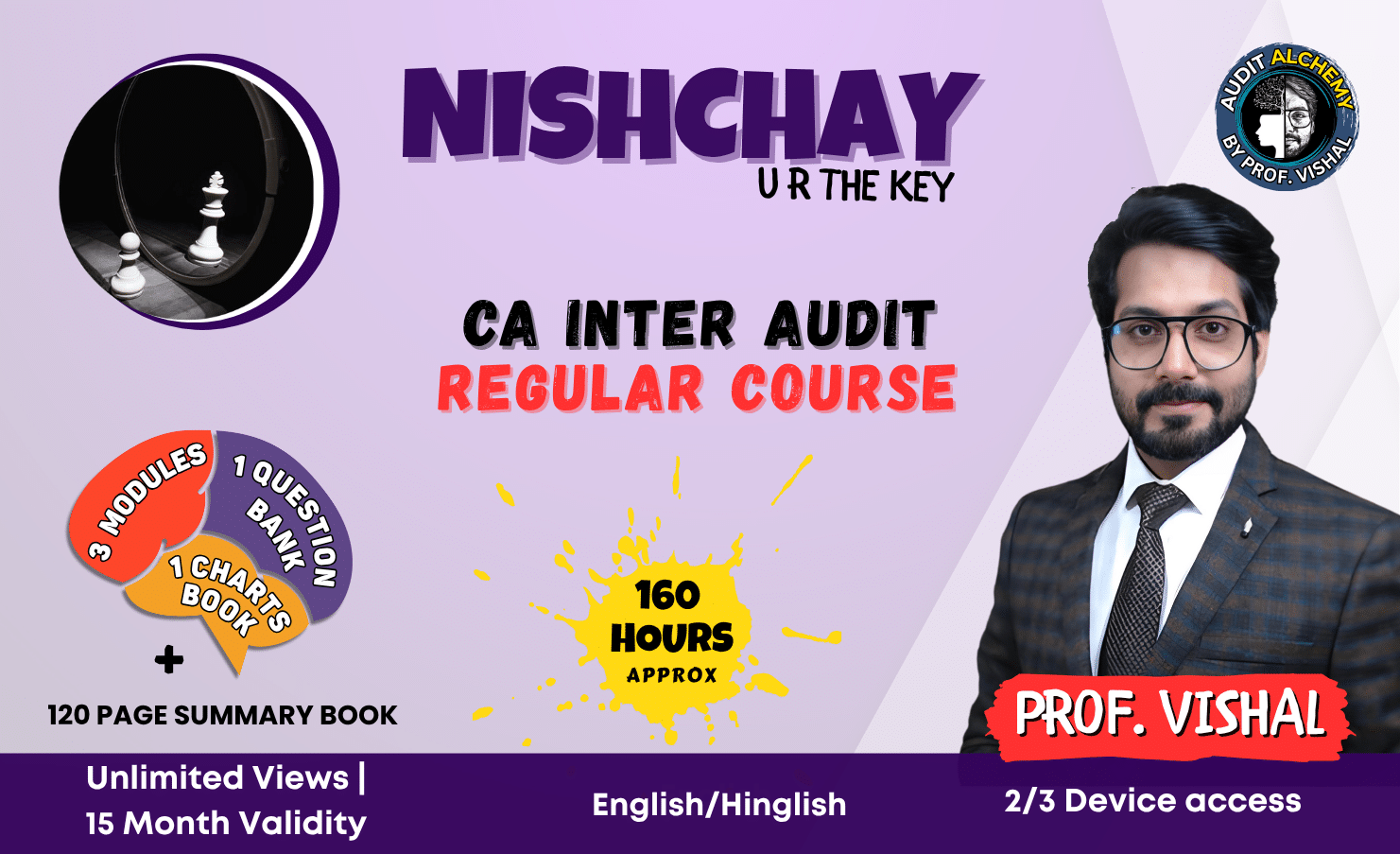Passing the CA exam on the first attempt is a difficult but achievable objective with the appropriate strategy. This article will detail five critical tactics to help you prepare successfully and boost your chances of success. These exam preparation ideas cover everything from developing a detailed study plan and using high-quality study resources to practicing with mock exams, joining study groups, and maintaining a healthy lifestyle. By following these rules, you can create a firm foundation, expand your knowledge, and take the exam with confidence. Read on to learn how to pass the CA exam and achieve your certification desires.
1. Create a Comprehensive Study Plan
- Assess the Syllabus: Break down the CA syllabus into manageable sections and prioritize topics based on difficulty and importance.
- Set Realistic Goals: Establish daily, weekly, and monthly study goals to cover all topics systematically.
- Allocate Time Wisely: Dedicate more time to challenging subjects while ensuring you review all topics regularly.
- Include Breaks: Incorporate short breaks to avoid burnout and maintain productivity.
2. Utilize Quality Study Materials
- Recommended Books: Invest in books recommended by CA professionals, ICAI board and those that cover the entire syllabus comprehensively.
- Online Resources: Use online platforms, webinars, and video lectures to supplement your learning.
- Previous Years’ Papers: Practice with past exam papers to understand the exam pattern and frequently asked questions.
- Revision Notes: Create concise notes for quick revision during the final days before the exam.
3. Practice with Mock Exams
- Simulate Exam Conditions: Take full-length mock exams under timed conditions to build exam stamina and reduce anxiety.
- Analyze Performance: Review your mock exam results to identify weak areas and focus your studies accordingly.
- Time Management: Practice managing your time effectively during the exam to ensure you can answer all questions.
- Realistic Conditions: Mimic the actual exam environment to build familiarity and confidence.
4. Join Study Groups and Seek Guidance
- Study Groups: Join study groups to discuss difficult topics, share resources, and gain different perspectives.
- Mentorship: Seek guidance from mentors or professionals who have already cleared the CA exam.
- Discussion Forums: Participate in online forums and communities to ask questions and exchange study tips.
- Regular Feedback: Get feedback on your progress from peers or mentors to stay on track.
5. Maintain a Healthy Lifestyle
- Balanced Diet: Eat nutritious meals to keep your energy levels high and your mind sharp.
- Regular Exercise: Incorporate physical activity into your routine to reduce stress and improve concentration.
- Adequate Sleep: Ensure you get enough sleep to keep your mind fresh and ready for studying.
- Mindfulness and Relaxation: Practice mindfulness techniques like meditation or deep breathing to stay calm and focused.
Is it worth continuing the CA journey after multiple attempts? Key Considerations and Alternatives
Pursuing the Chartered Accountancy (CA) qualification is a challenging and demanding journey. Many aspirants face the daunting reality of failing exams multiple times, leading to a crucial decision: Is it worth continuing the CA journey? This article explores key considerations for those grappling with this question and offers potential alternatives.
Key Considerations
1. Self-Assessment
Reflect on your motivation and commitment to the CA qualification. Ask yourself:
- Why did you choose the CA path initially?
- Do you still have a passion for accounting and finance?
- Are you willing to invest more time and effort despite previous setbacks?
2. Understanding the Root Causes
Identify the reasons behind your repeated attempts:
- Are there gaps in your knowledge or understanding of the subjects?
- Do you struggle with exam techniques or time management?
- Are external factors (e.g., personal or work-related issues) affecting your performance?
3. Seeking Professional Guidance
Consider seeking help from:
- Experienced mentors or coaches who can provide personalized advice and strategies.
- Academic tutors for specific subjects where you face difficulties.
- Psychological counselors to address stress, anxiety, or other emotional challenges.
4. Evaluating Career Prospects
Assess the potential career benefits of completing the CA qualification:
- How will becoming a CA impact your career advancement and earning potential?
- Are there specific roles or companies that require a CA qualification?
- What is the market demand for CAs in your region or industry?
5. Financial and Time Investment
Consider the financial and time commitments required:
- Calculate the costs of further attempts, including exam fees, study materials, and potential income loss due to study breaks.
- Assess if you can afford these costs and if the potential rewards justify the investment.
6. Mental and Physical Health
Prioritize your well-being:
- Chronic stress and burnout can have long-term health consequences.
- Ensure you maintain a healthy work-life balance and seek support if needed.
Alternatives to Continuing the CA Journey
1. Other Professional Qualifications
Explore alternative certifications in accounting and finance, such as:
- Certified Public Accountant (CPA)
- Certified Management Accountant (CMA)
- Chartered Financial Analyst (CFA)
- Association of Chartered Certified Accountants (ACCA)
These qualifications may offer similar career opportunities and might align better with your strengths and interests.
2. Higher Education
Consider pursuing further education:
- A Master’s degree in accounting, finance, or business administration.
- Specialized courses or diplomas in areas like taxation, auditing, or financial planning.
3. Career Shift
Explore career paths that leverage your existing skills and knowledge:
- Financial analysis, consultancy, or advisory roles.
- Corporate finance or investment banking.
- Teaching, training, or academic research in accounting and finance.
4. Entrepreneurship
Consider starting your own business or consultancy:
- Utilize your accounting knowledge to offer financial advisory or consulting services.
- Identify niche markets or industries where your skills can create value.
5. Job Opportunities in Related Fields
Look for roles in related fields that do not require a CA qualification:
- Financial management, budgeting, or internal auditing.
- Roles in compliance, risk management, or financial technology (fintech).
Conclusion
Deciding whether to continue the CA journey after multiple attempts is a deeply personal decision that requires careful consideration of your motivations, challenges, and career goals. While persistence and resilience are crucial traits, it is equally important to recognize when to explore alternative paths that may better suit your strengths and aspirations. Regardless of your choice, maintaining a positive outlook and being open to new opportunities will help you build a fulfilling and successful career.
The Role of Mentoring in the Career Development of Chartered Accountants
Mentoring plays a critical role in the professional journey of Chartered Accountants (CAs). As the accounting profession evolves with the complexities of global finance, technological advancements, and regulatory changes, the guidance of an experienced mentor becomes invaluable. This article explores the multifaceted role of mentoring in the career development of CAs and highlights its benefits.
Roles of Mentoring
1. Knowledge Transfer
Mentors provide practical insights and knowledge that go beyond textbooks. They share industry-specific expertise, helping mentees understand complex accounting principles, regulatory requirements, and best practices.
2. Career Guidance
Mentors assist mentees in navigating their career paths by offering advice on career choices, professional development, and advancement opportunities. They help mentees identify their strengths and areas for improvement, aligning their career goals with their skills and interests.
3. Skill Development
Through regular interactions, mentors help mentees develop essential skills such as critical thinking, problem-solving, and effective communication. Mentors also provide feedback on technical skills, ensuring that mentees are proficient in accounting software, financial analysis, and reporting.
4. Networking Opportunities
Mentors can introduce mentees to their professional networks, opening doors to new opportunities. These connections can lead to job placements, collaborations, and partnerships, significantly enhancing the mentee’s career prospects.
5. Emotional Support
The CA journey can be stressful and challenging. Mentors offer emotional support and encouragement, helping mentees build resilience and confidence. They provide a safe space for mentees to discuss their concerns and challenges, fostering a sense of belonging and motivation.
6. Ethical Guidance
Ethics are paramount in the accounting profession. Mentors instill a strong sense of professional ethics and integrity in their mentees. They guide them in making ethical decisions, adhering to professional standards, and maintaining transparency and accountability.
Benefits of Mentoring for Chartered Accountants
1. Accelerated Learning
Mentoring accelerates the learning process by providing mentees with practical insights and real-world experiences. This hands-on learning approach helps mentees grasp complex concepts more quickly and effectively.
2. Enhanced Career Progression
Mentees benefit from the mentor’s experience and wisdom, which can fast-track their career progression. Mentors provide valuable advice on career development, job opportunities, and strategic moves that align with the mentee’s long-term goals.
3. Increased Confidence
Regular feedback and support from a mentor boost the mentee’s confidence. This increased self-assurance enables mentees to take on challenging projects, pursue leadership roles, and excel in their professional endeavors.
4. Broader Perspective
Mentors offer a broader perspective on the accounting profession and industry trends. They help mentees understand the bigger picture, including the impact of economic, technological, and regulatory changes on the profession.
5. Long-term Professional Relationships
Mentoring relationships often evolve into long-term professional connections. These enduring relationships provide ongoing support, guidance, and opportunities for collaboration throughout the mentee’s career.




